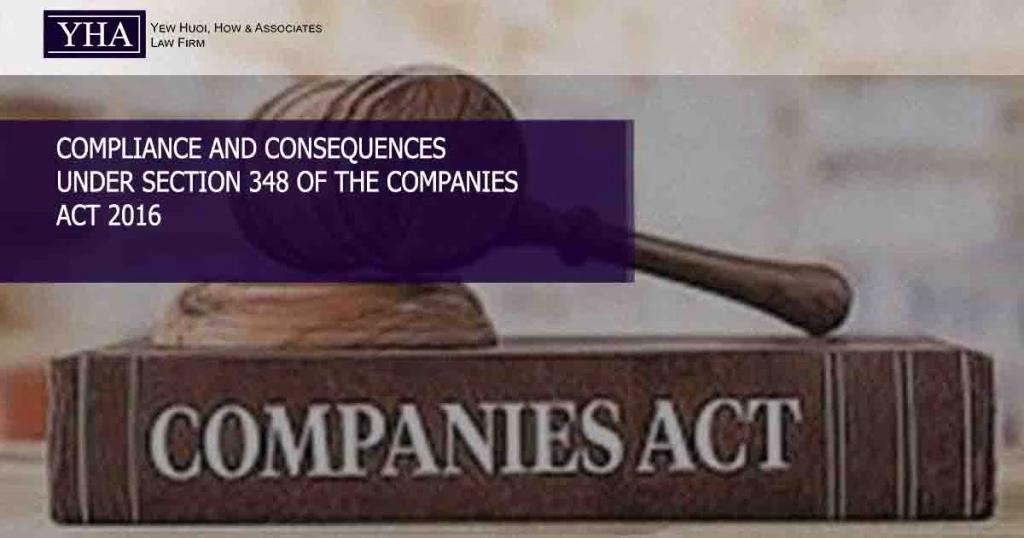Illustrative Scenario
ABC Sdn Bhd, a private limited company incorporated on 12.11.2016, has three shareholders: X, who holds 50% of the shares; Y, who holds 35%; and Z, Y’s son, who holds 15%.
X and Y serve as the only two directors of ABC Sdn Bhd. Recently, the board of directors made a controversial decision to sell a significant portion of the company’s valuable software patent portfolio to a competitor at a price well below market value. This decision was made without proper consultation with the shareholders, and no clear justification was provided to explain how the sale benefits the company.
Subsequently, Z initiated a statutory derivative action under Sections 347 and 348 of the Companies Act 2016, after successfully obtaining leave from the High Court to do so. However, Z failed to comply with the mandatory 30-day notice requirement under Section 348(2) of the Companies Act 2016 and did not name the directors in the leave application that led to the Leave Order.
The central issue is whether X and Y can seek to set aside the Leave Order ex debito justitiae on the grounds that Z failed to comply with the procedural requirements of Section 348(2) of the Companies Act 2016 and did not include their names in the leave application.
Legal Principles & Laws
- Section 348(2) of the Companies Act 2016: A plain reading of this section indicates that the 30-day written notice is a mandatory requirement. Non-compliance with this notice requirement cannot be overlooked or excused by the court. The purpose of the notice is to provide the company with an opportunity to address the issues raised before legal action is initiated.
- Naming the Directors in the Leave Application: Although Section 348 of the Companies Act 2016 does not explicitly require the alleged wrongdoer directors to be named in the leave application, it is necessary to do so. This ensures that the directors are given an opportunity to respond to the allegations made against them by the applicant. The failure to name the directors may deprive them of the chance to defend themselves and could be grounds for setting aside the leave order.
- Application to the Scenario: Applying these principles to the scenario, X and Y have the legal standing to apply to the court to set aside the Leave Order ex debito justitiae on the basis of Z’s failure to comply with the mandatory procedural requirements, including the failure to name them in the leave application. The court is likely to consider this non-compliance as a serious procedural defect that warrants the setting aside of the leave order.
Reference Cases
- Wong Cheng Houng v Hoe Poh Lin & Anor [2024] MLJU 1189 (Court of Appeal): This case reaffirms the mandatory nature of the 30-day notice requirement under Section 348(2) of the Companies Act 2016.
- Ong Keng Huat v Fortune Frontier (M) Sdn Bhd [2015] 10 CLJ 599: Highlights the importance of procedural compliance in statutory derivative actions.
- Ng Hoy Keong v Chua Choon Yang [2011] 4 CLJ 545: Discusses the necessity of including relevant parties in legal applications to ensure they have the opportunity to respond.
- Tai May Chean v United Eastern Resources Sdn Bhd [2022] 2 CLJ 757: Emphasizes the significance of adhering to statutory requirements in corporate litigation.
- Salina bt Mohamad Sukor v MVD International Sdn Bhd [2019] 9 MLJ 762: Explores the consequences of failing to comply with mandatory procedural requirements in derivative actions.

